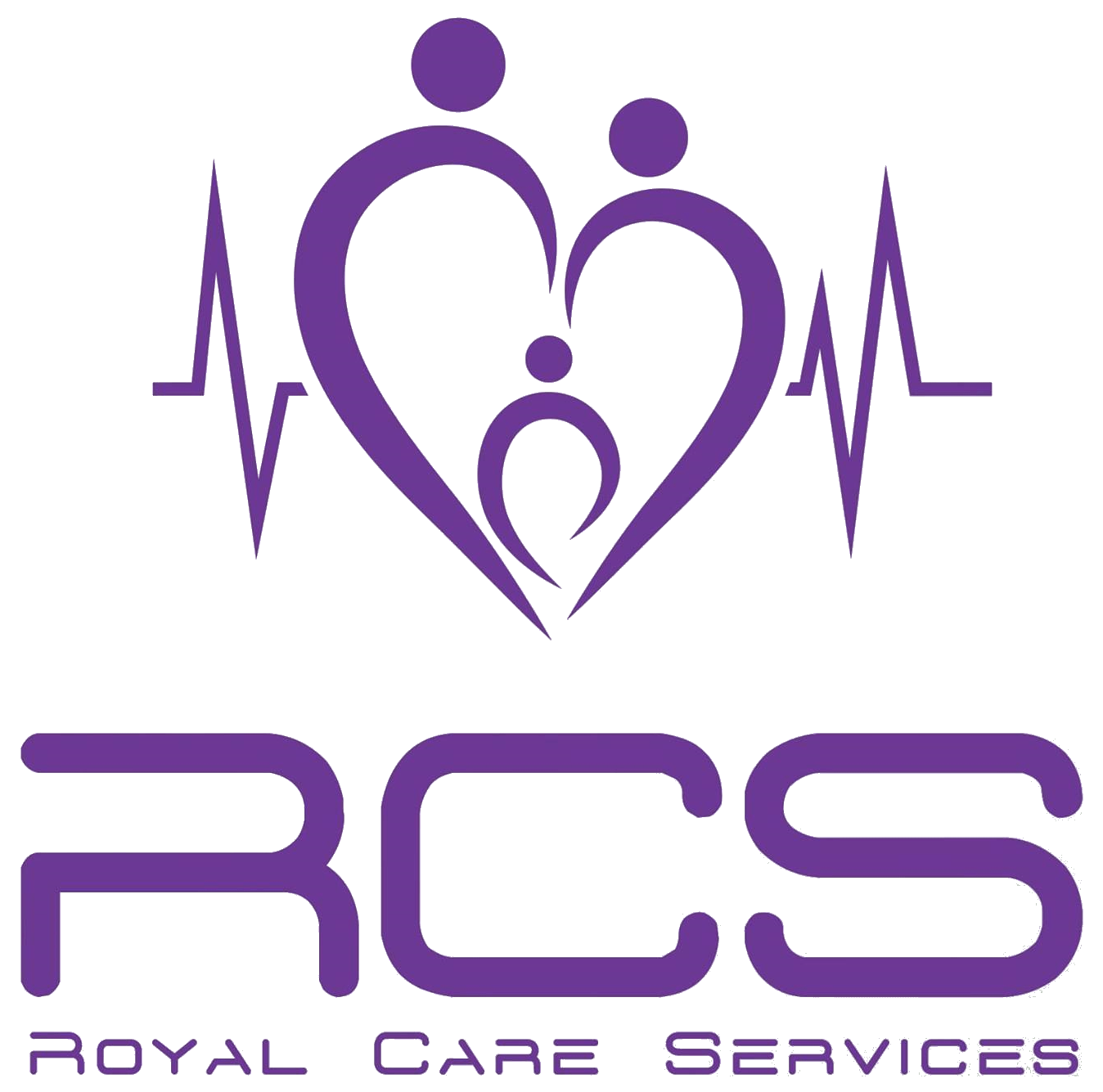Accommodation
What is NDIS Home and Living?
The NDIS helps participants live independently by funding and supporting their needs. Participants and their families can plan their home and living goals, including the cost of day-to-day living expenses like rent, groceries, and utilities. Most participants access housing through the private market or social housing and are responsible for their own costs, although the NDIS may contribute in limited circumstances.
What are the differences between Short Term Accommodation and Medium Term accommodation?
Short-term Accommodation (STA) is temporary supported housing for 2-6 weeks for NDIS participants. This accommodation is eligible for participants who face changes in circumstances or crises that put them at risk of homelessness or aged care facilities. STA is also available for capacity building, carers' respite, holidaying, waiting for home modifications, and recovering from an illness. This can be available through the core funding of your NDIS plan.
Medium-term Accommodation (MTA) is transitional housing for NDIS participants who are preparing to move into a permanent home. Eligible participants can have NDIS fund their MTA for up to 90 days. This type of accommodation is available for participants who need temporary housing while they wait for their permanent home to become ready or available, including bridging accommodation for younger people, those ready to leave the hospital, and those eligible for Specialist Disability Accommodation.
How to access NDIS Accommodation?
If you need help with finding short-term accommodation, there are a few people you can reach out to for assistance. You can talk to your support coordinator, local area coordinator, early childhood partner, or planner. But don't worry, you may not need to rely on funding to access short-term accommodation. You can always use your support budgets like STA to help you achieve your goals and we'll be there to help along the way.
Medium-term accommodation is not a standalone support and is included as part of your home and living support. We determine if access to MTA is right for you by assessing your support and accommodation needs, allied health professional reports and daily support needs reports. This is crucial as it assists us in understanding what’s best for you by determining your current citation, strengths, barriers, and daily support needs.
At the heart of everything we do, is making sure that the support we provide aligns with your unique needs and desires. We're here to help you reach your goals, become more independent, and perform tasks with greater ease. Of course, we also understand the importance of having person-to-person support and that's why we strive to maintain that connection for you. And, just as importantly, we aim to strengthen your ties to your community, healthcare providers, educational facilities, and work.
Do I qualify for NDIS Accommodation?
Short-term Accommodation may be funded by the NDIS if it is deemed necessary for supporting the disability-related needs of the eligible participant. This includes circumstances where the accommodation helps maintain functional capacity, increase independence, and engage in more activities. However, NDIS will not provide funding for longer-term accommodation, as this is considered a general living cost that is expected to be covered by the individual or their family. Additionally, funding for Short-term Accommodation will not be provided for other reasons, such as while waiting for home modifications to be done.
To qualify for Medium-term Accommodation (MTA), an NDIS participant must have a permanent residence ready to move into after completing their MTA stay, be unable to move into their permanent home due to the lack of disability support, or be unable to stay in their current accommodation while awaiting their permanent home. NDIS funding for MTA is only provided if it meets the organization's funding criteria and guidelines.
Meet Mark
We've been working with Mark for over two years now. Mark has some conditions that are eligible for NDIS, and we've been supporting him with his plan. We offer services like assistance with daily living and short-term accommodation, and Mark has been super happy with the care he's received from us. It's been great to see his quality of life improve, and we're honoured to be a part of that journey with him.
The Royal Care Services Difference
Frequently Asked Questions
We're always here to answer any and all of your questions. Below are some of the more common questions we receive, however if you don't see your question amongst these, please don't hesitate to give us a call or drop us a line.
Short-term Accommodation (STA) is temporary supported housing for 2-6 weeks for NDIS participants. This accommodation is eligible for participants who face changes in circumstances or crises that put them at risk of homelessness or aged care facilities. STA is also available for capacity building, carers' respite, holidaying, waiting for home modifications, and recovering from an illness. This can be available through the core funding of your NDIS plan.


